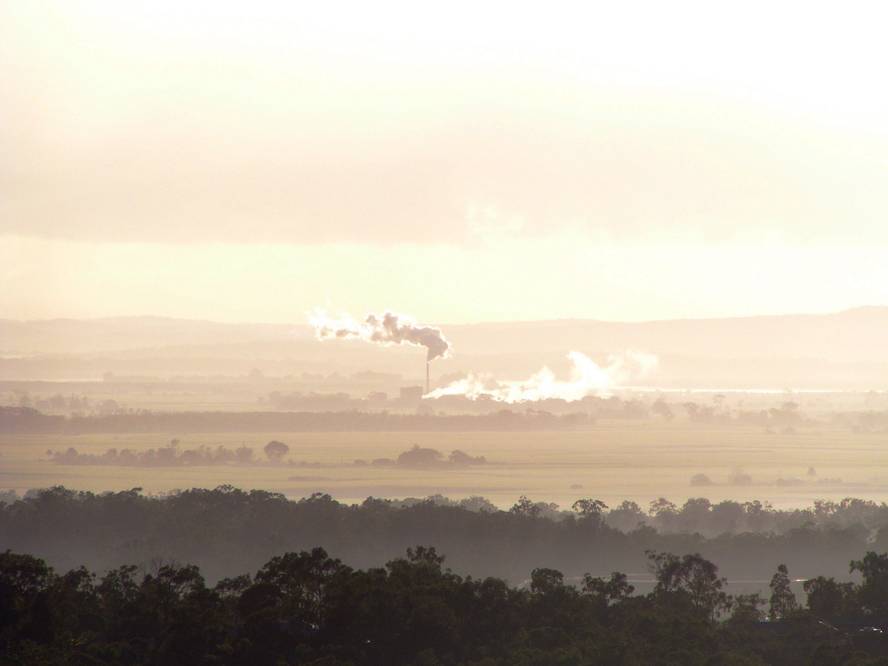They confirm that the hole in the ozone layer of Antarctica has begun to form
Scientists have collected the first indications that the hole in the ozone layer over Antarctica has begun to form. The results have been exposed in the journal Science and have shown that in the last 16 years it has been reduced by 4 million km2. In fact, the hole became bigger than ever in 2000, but since then it has been decreasing, not continuously. For example, volcanic eruptions have seen a negative influence. However, the researchers have confirmed that they have influenced the protection measures of the ozone layer.
The data of the ozone layer begin to be collected in the 50s. Three decades later, in October, researchers from the British base of Antarctica realized that this month the ozone dropped. Since then, the data of the month of October have been used to follow the ozone incidents. Thus, they realized that the ozone layer was shrinking and in 1986 it was shown that chlorine emitted into the atmosphere destroyed ozone. Thus, in 1987 practically all the countries of the world pledged not to use chlorofluorocarbons (CFC), through the Montreal Protocol, which were considered as the main rivals of the ozone layer.
Susan Solomon, of the Massachusetts Institute of Technology (MIT), has directed the research that has just been published in Science, and has explained that now the measurements are made in September, month in which meteorology is more stable than in October. And the data collected in September of previous years have revealed that the hole is being completed, in the same way predicted by the models.






